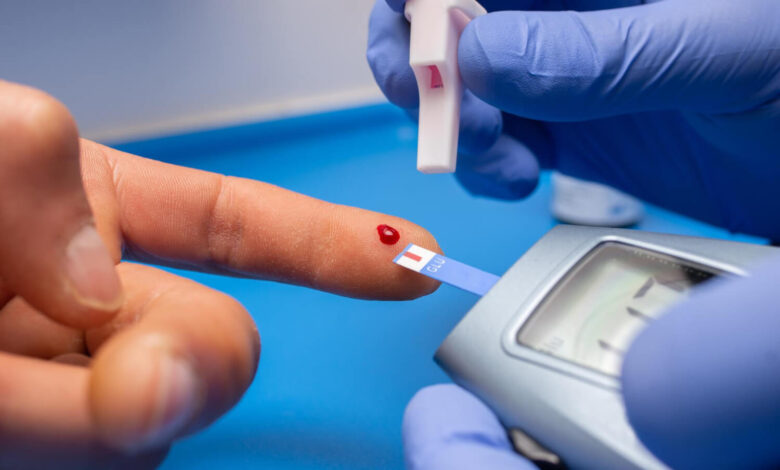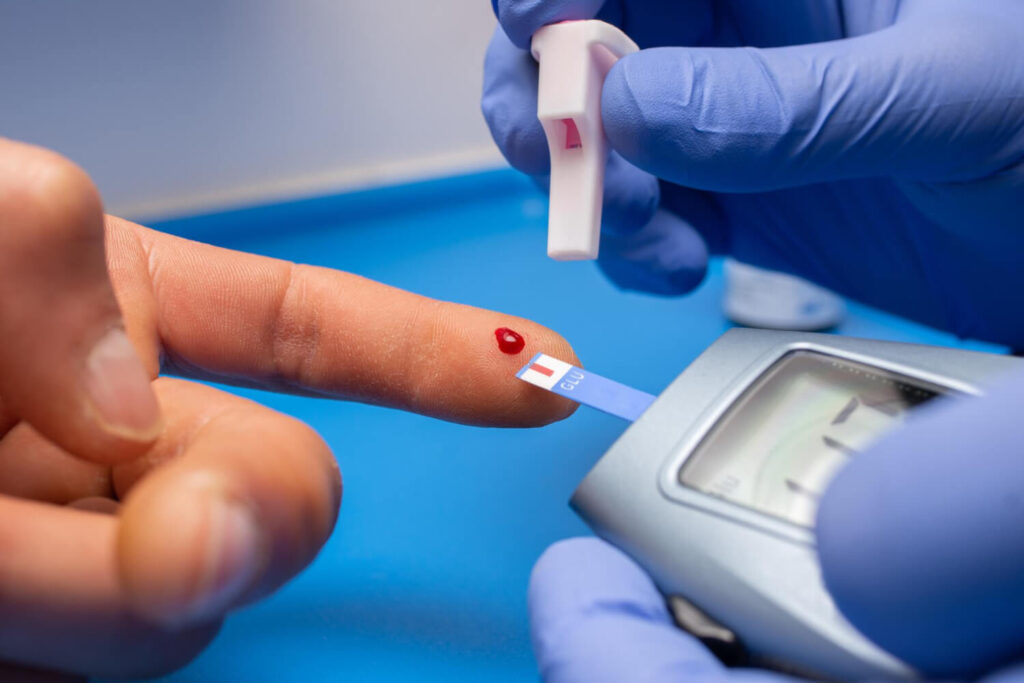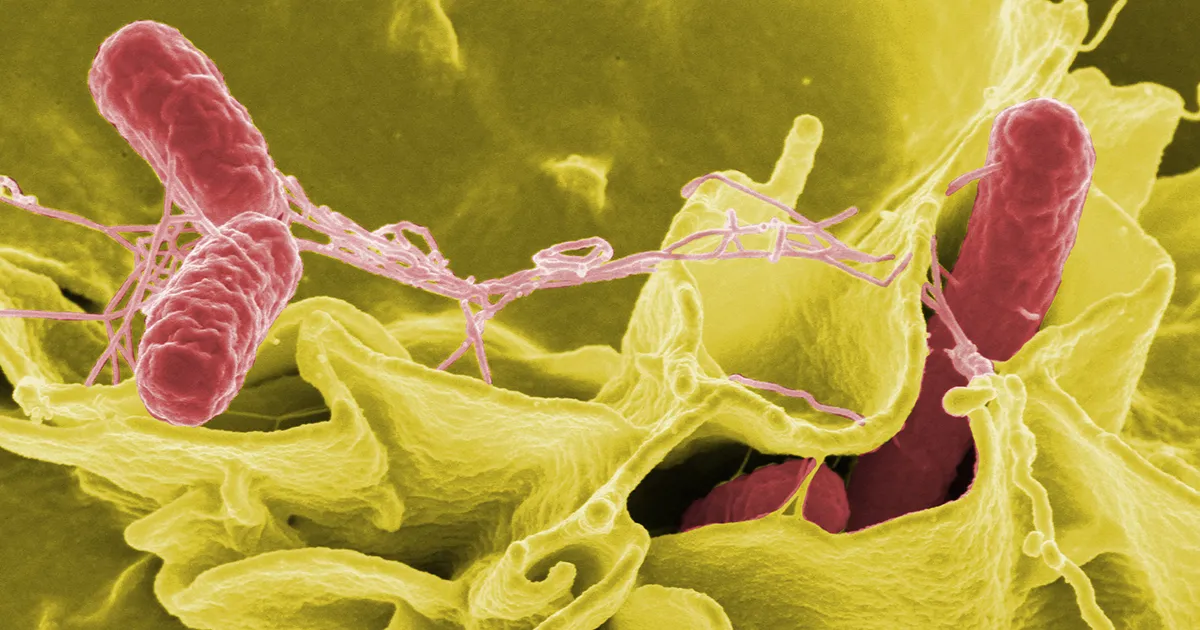
Effective Strategies for Lowering Cholesterol
Heart-Healthy Foods
To manage high cholesterin, incorporating heart-healthy foods into your diet is crucial. Foods high in soluble fiber, such as oats, beans, and fruits, can help lower LDL cholesterol. Omega-3 fatty acids, found in fish like salmon and mackerel, can also improve cholesterin levels and reduce inflammation.
Foods to Avoid
Avoiding foods high in saturated and trans fats is essential for cholesterol management. Limit intake of red meat, processed snacks, and fast food. Instead, opt for lean protein sources, such as poultry and legumes, and choose cooking oils rich in unsaturated fats, like olive oil.
Portion Control and Balanced Diet
Practicing portion control and maintaining a balanced diet can help manage cholesterin levels. Eating smaller, more frequent meals that include a variety of vegetables, whole grains, and lean proteins can support overall health and cholesterin control.
Importance of Physical Activity
Regular physical activity is vital for controlling cholesterol levels. Exercise can help raise HDL cholesterol and lower LDL cholesterol. Aim for at least 150 minutes of moderate-intensity exercise, such as brisk walking or cycling, each week. Activities like strength training and flexibility exercises also contribute to overall cardiovascular health.
Maintaining a Healthy Weight
Achieving and maintaining a healthy weight can significantly impact cholesterin levels. Even modest weight loss can improve cholesterin profiles and reduce the risk of related health issues. Combine exercise with a balanced diet to achieve and sustain a healthy weight.
Quitting Smoking and Reducing Alcohol Consumption
Quitting smoking can improve HDL cholesterol levels and reduce the risk of cardiovascular diseases. Additionally, reducing alcohol consumption can help manage cholesterin levels and prevent other health problems.
Medication and Supplements
Role of Statins
For some individuals, lifestyle changes alone may not be enough to control cholesterin. Statins are commonly prescribed to lower LDL cholesterol levels. These medications work by blocking a substance your body needs to make cholesterin, helping to reduce overall cholesterin levels and slow the buildup of plaque in the arteries.
Other Medications and Supplements
In addition to statins, other medications and supplements may be recommended. Ezetimibe, for example, can help reduce the amount of cholesterin absorbed by the intestines. Supplements such as fish oil and niacin may also be beneficial, but they should be used under medical supervision.
Understanding Cholesterol
What is Cholesterol?
Cholesterol is a fatty substance found in the blood that is necessary for building healthy cells and producing certain hormones. It is carried through the bloodstream by lipoproteins, which are categorized into two main types: LDL (low-density lipoprotein) and HDL (high-density lipoprotein). LDL cholesterol is often termed ‘bad’ cholesterin because it can lead to plaque buildup in arteries, narrowing them and restricting blood flow. On the other hand, HDL cholesterol is known as ‘good’ cholesterin because it helps remove excess cholesterol from the bloodstream, thus reducing the risk of cardiovascular disease.
How Cholesterol Affects Your Health
When LDL cholesterol levels are high, it can lead to a condition known as atherosclerosis, where plaques form on the artery walls. This can cause narrowing of the arteries and limit blood flow, potentially leading to heart attacks and strokes. HDL cholesterol helps counteract this effect by transporting cholesterin away from the arteries and back to the liver, where it is processed and removed from the body.

Causes of High Cholesterol
Dietary Factors
One of the primary contributors to high cholesterin is diet. Consuming foods high in saturated fats, such as red meat, processed foods, and full-fat dairy products, can increase LDL cholesterol levels. Trans fats, often found in baked goods and fried foods, are particularly harmful and should be avoided.
Genetics and Family History
Genetics also play a significant role in cholesterin levels. Some people inherit a tendency to have high cholesterin, a condition known as familial hypercholesterolemia. In such cases, even with a healthy diet and lifestyle, cholesterin levels can remain high due to genetic factors.
Lifestyle Factors
Sedentary lifestyles and smoking can exacerbate cholesterin problems. Lack of physical activity contributes to weight gain and can lower HDL cholesterol levels. Smoking damages blood vessels, making it easier for cholesterin to build up in the arteries. Additionally, excessive alcohol consumption can raise cholesterin levels and lead to other health problems.
Health Risks Associated with High Cholesterol
Cardiovascular Disease
High cholesterin is a major risk factor for cardiovascular diseases, including coronary artery disease (CAD), heart attacks, and strokes. Plaque buildup in the arteries can lead to reduced blood flow to the heart and brain, causing serious complications.
Hypertension
High cholesterin can contribute to hypertension, or high blood pressure. The narrowed arteries resulting from plaque buildup force the heart to work harder to pump blood, leading to increased blood pressure and further strain on the cardiovascular system.
Diabetes
There is also a link between high cholesterin and diabetes. Individuals with diabetes are more likely to have high LDL cholesterol and low HDL cholesterol levels, which can increase the risk of cardiovascular complications.
Monitoring and Testing
Regular Cholesterol Check-Ups
Regular cholesterin testing is essential for monitoring levels and evaluating the effectiveness of treatment strategies. Blood tests can provide a detailed picture of your cholesterin profile, including LDL, HDL, and total cholesterin levels.
Consulting with Healthcare Providers
If cholesterin levels remain high despite lifestyle changes and medication, it’s important to consult with healthcare providers for further evaluation and adjustment of treatment plans. Regular follow-ups can help manage cholesterin effectively and address any emerging health concerns.
Conclusion
Managing high cholesterin requires a multifaceted approach that combines dietary changes, consistent physical activity, and, if needed, medication. Understanding the nuances of cholesterin and the associated health risks empowers you to make informed decisions that can enhance your cardiovascular health. Implementing these strategies effectively can lead to significant improvements in your cholesterin levels and overall well-being.
By making proactive choices and adhering to recommended lifestyle adjustments, you can take charge of your health and reduce the risk of serious conditions linked to high cholesterin. Remember to consult with healthcare professionals for personalized advice and to track your progress regularly. Adopting these practices today will pave the way for a healthier, more balanced life.






